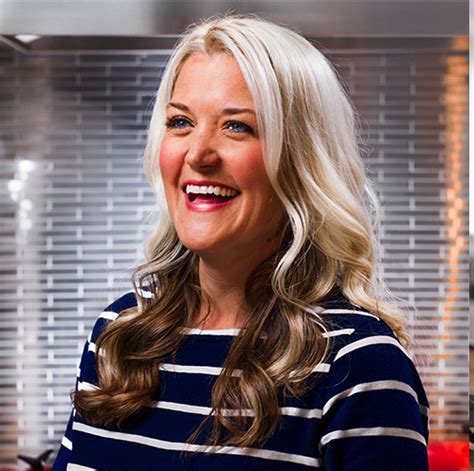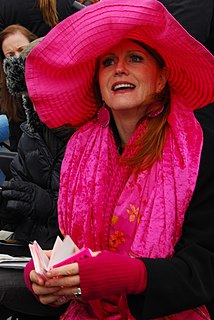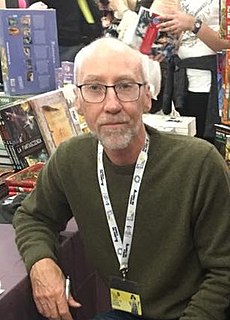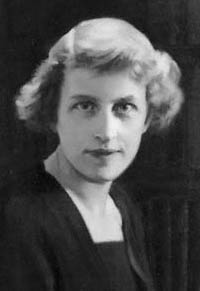A Quote by Tacitus
None mourn more ostentatiously over the death of Germanicus than those who most rejoice at it [a death].
Related Quotes
That's why it's hard, I think, to rejoice with those who rejoice and mourn with those who mourn. I love that line from the Bible, but it's so incredibly difficult sometimes, because when you've got reason to rejoice, you forget what it's like to mourn, even if you swear you never will. And because when you're mourning, the fact that someone close to you is rejoicing seems like a personal affront.
There's nothing to mourn about death any more than there is to mourn about the growing of a flower. What is terrible is not death but the lives people live or don't live up until their death. They don't honor their own lives ... their minds are full of cotton. They swallow God without thinking, they swallow country without thinking. Soon they forget how to think, they let others think for them.... Most people's deaths are a sham. There's nothing left to die.
Survivors do not mourn together. They each mourn alone, even when in the same place. Grief is the most solitary of all feelings. Grief isolates, and every ritual, every gesture, every embrace, is a hopeless effort to break through that isolation. None of it works. The forms crumble and dissolve. To face death is to stand alone.
The religious man, the mystic, tries to explore the mystery of death. In exploring the mystery of death, he inevitably comes to know what life is, what love is. Those are not his goals. His goal is to penetrate death, because there seems to be nothing more mysterious than death. Love has some mystery because of death, and life also has some mystery because of death.
To begin depriving death of its greatest advantage over us, let us adopt a way clean contrary to that common one; let us deprive death of its strangeness, let us frequent it, let us get used to it; let us have nothing more often in mind than death... We do not know where death awaits us: so let us wait for it everywhere." "To practice death is to practice freedom. A man who has learned how to die has unlearned how to be a slave.
I don't think victory over death... is anything so superficial as a person fulfilling their normal span of life. It can be twofold; a victory over death by the man who faces it for himself without fear, and a victory by those who, loving him, know that death is but a little thing compared with the fact that he lived and was the kind of person he was.






































